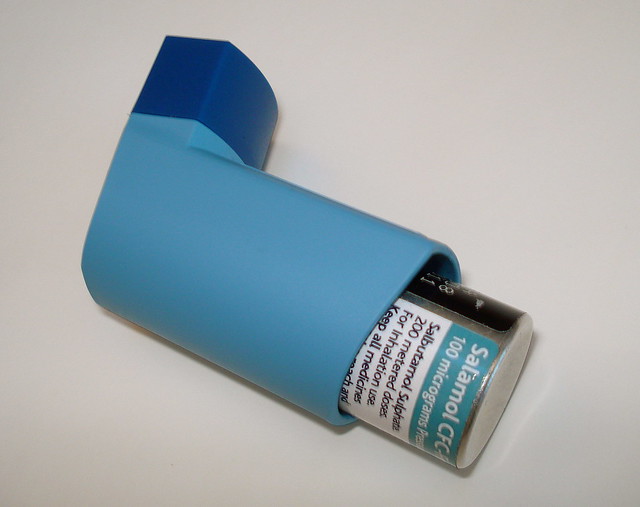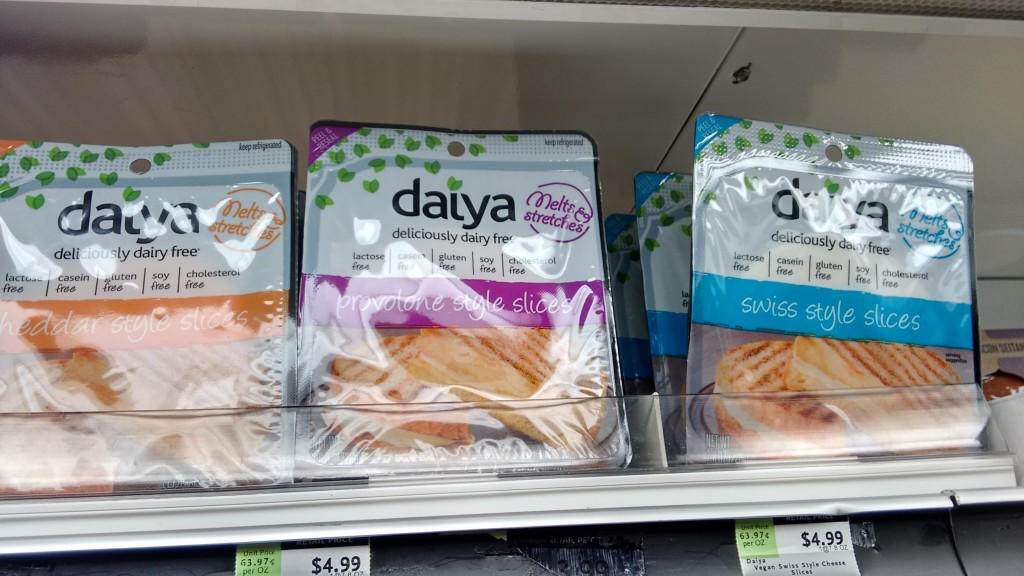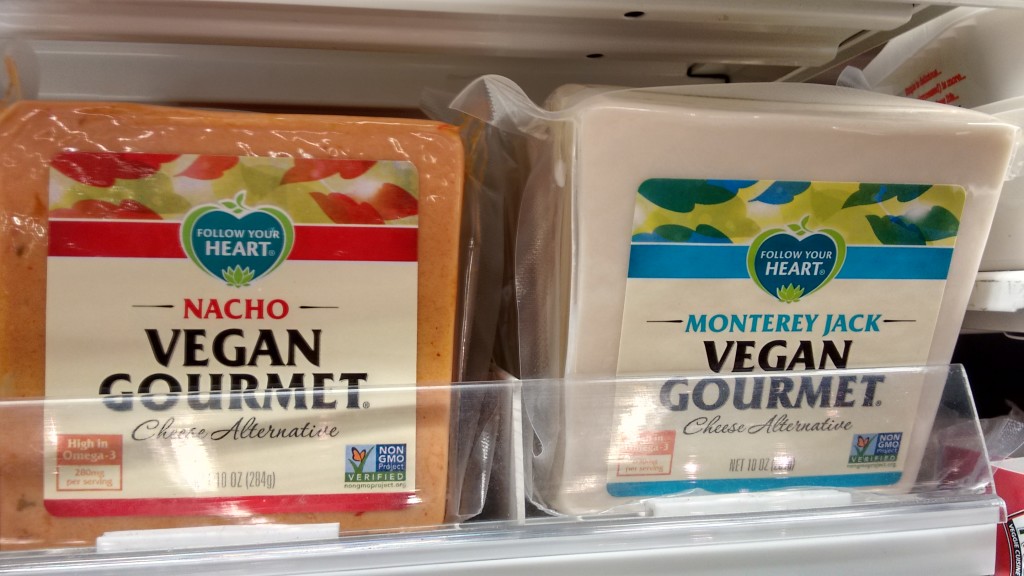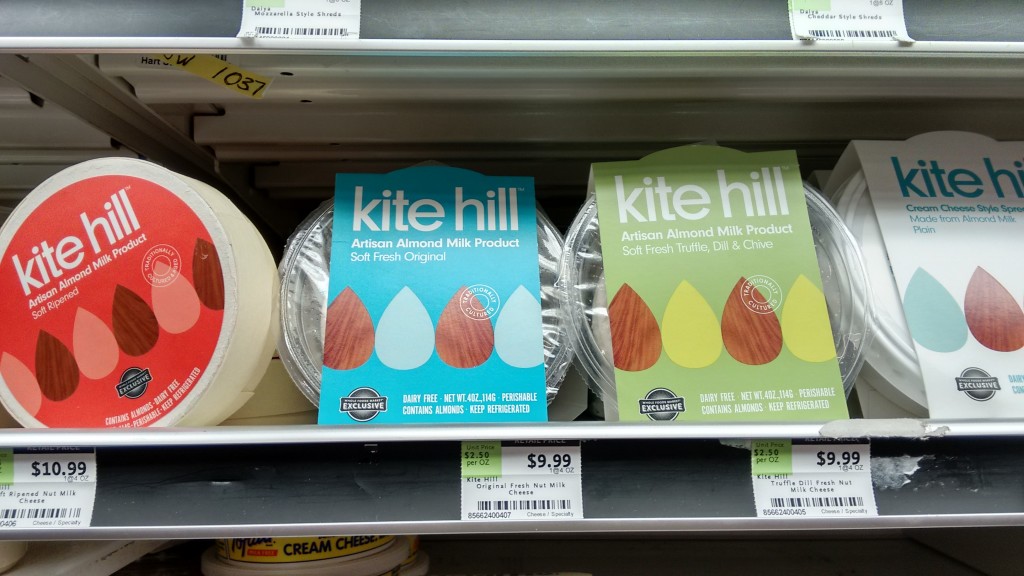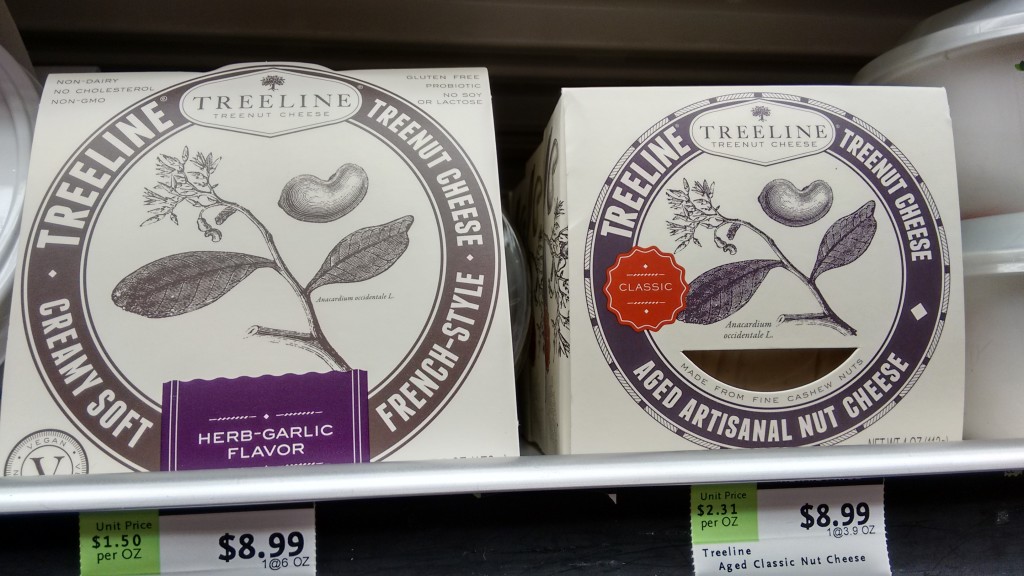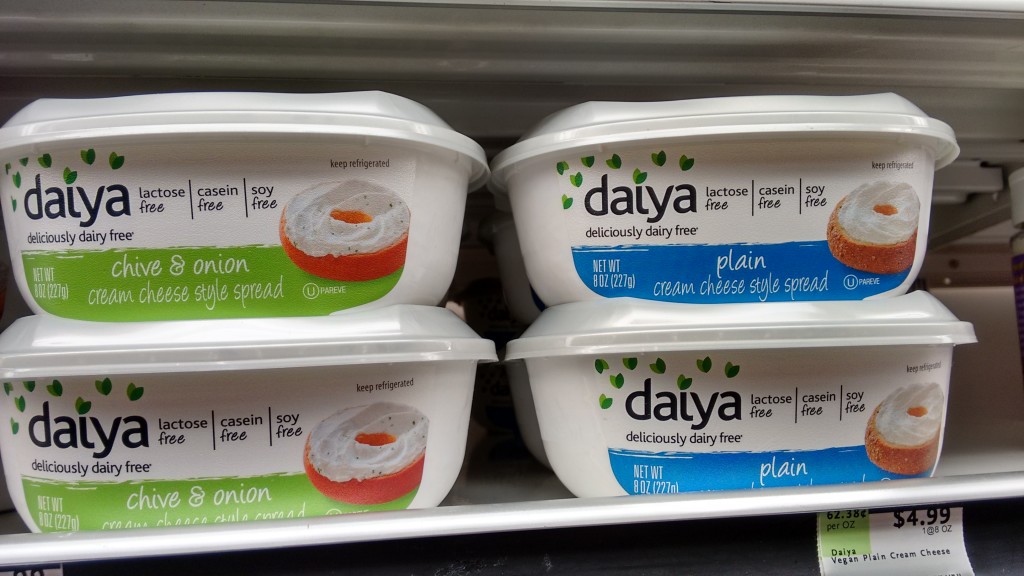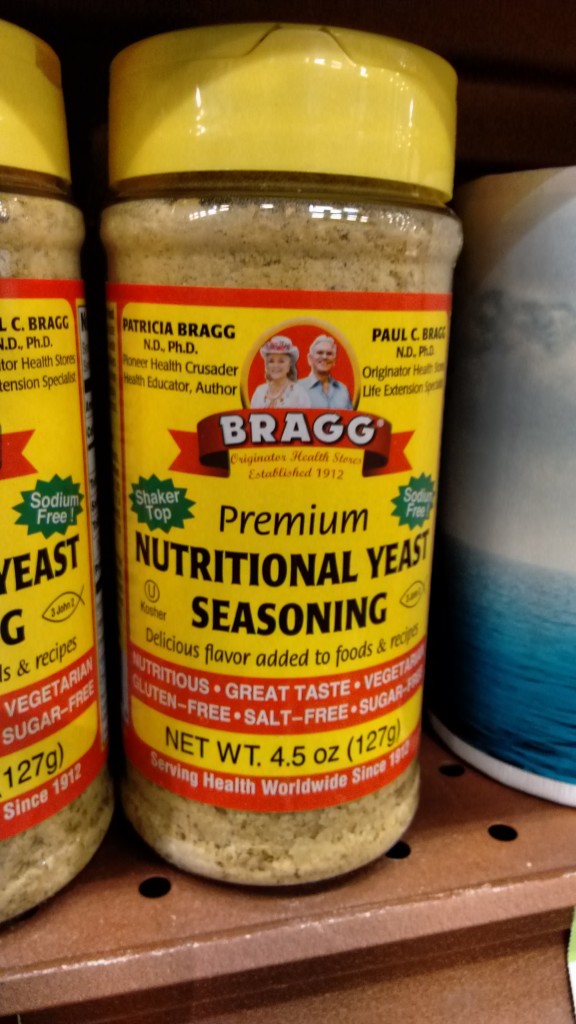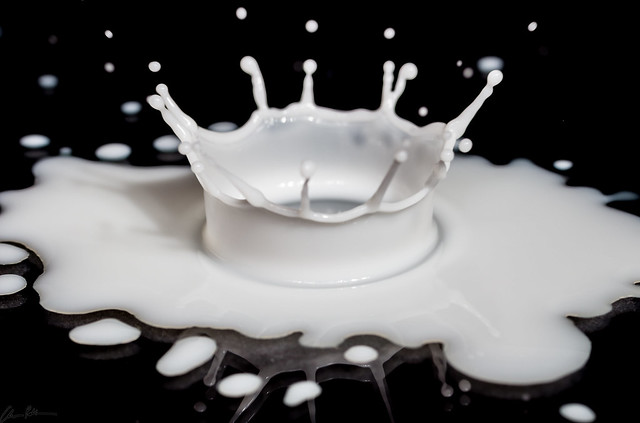Quick note: Guys! Follow me on Periscope right here:
https://www.periscope.tv/KarenCottenden
You: What in the Sam Hill is Periscope?
Me: It’s a new(ish) live streaming app, linked to twitter. It’s fab because it’s interactive. You can comment and ask questions while I’m streaming, and I can answer you! I have a few ‘scopes’ under my belt now and THINK I’m getting a bit better, but YOU can be the judge of that.
It’s VERY easy to install and use. If an utter tech dope like me can get how it works – anyone can!
I talk about all things vegan and plant-based; make recipes, and sometimes do food shopping trips.
If you DO catch one of my ‘scopes’ and get any value from what I’m saying/doing – be sure to tap on your screen and give me lots of hearts (you’ll see how to do it when you start watching)!!
~~~~~~~~~~~~~~~~~~~~~~~~~~~~~~~~~~~~~~~~~~~~~~~~~
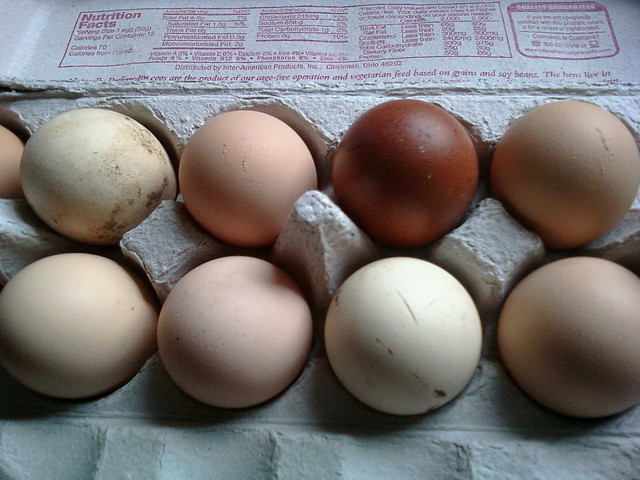
Well this post will make you laugh if nothing else.
It might even larn you somethin’ – I definitely ‘larned’ something new as you will see!
Now even non-vegan readers must know by now that cow’s milk comes from a cow’s boob-equivalent – their udders; and that milk is food for cow’s babies, just as breast milk is food for human babies.
But I’m absolutely NOT judging you if you didn’t know that. It’s hardly something that milk adverts shout about, for obvious reasons.
And none of us would dream of breast-feeding from our mothers – or even from any other female human past infancy right? Yet this is what milk drinkers and dairy consumers (as all dairy is made of milk) are effectively doing, but it’s even weirder! They’re doing it FROM A DIFFERENT SPECIES.
And I found out something else last week.
Now I’m rather partial to saying that eggs are chicken’s periods (in an appropriate forum of course, not at a dinner table when someone is tucking into an egg – though it’s tempting 🙂 )
The eggs are unfertilised, so a period is technically what they ARE.
But did you know this?
(Maybe many of you did and I’m just ignorant)
A friend was telling me about a discussion she had with her partner. HE was saying that a chicken had but one…um…lower orifice; and she argued that this must be wrong, and that they MUST have two.
I agreed with her. They must have at least two I thought (I actually thought they must have three; one each for peeing and pooping of course; and one for the eggs to exit the body).
Later; to see who was right, I decided to get better informed about chickens’ unmentionables, and consulted the internet on this topic.
It turns out my friend’s partner was right. Chickens DO have but one, um, unmentionable (could I GET any more British?)
Did you know this?
I DIDN’T EITHER!!!!
This means that not only is an egg a chicken’s period, but also that it is pooping the eggs out of its butt (there, I said it).
As chickens (like all birds) don’t pee, the liquid waste mixes in with the solid waste and exits this one orifice as poop. So it really IS a butt.
I feel bad talking about chickens in a disrespectful way, but my intention is to make people think twice about eating eggs – so hopefully they’ll forgive me.
Why weren’t we taught this??? I’ve been on the planet X amount of years (now that really IS unmentionable) and I had NO IDEA that eggs came from a chicken’s butt.
Now chicken experts out there may point out that the poop and the eggs go down different tubes INSIDE the chicken’s body, and only exit from the same orifice, but still. Eggs still come out of their butt.
Just as sometimes those of us that are vegan, in order to get non-vegans to think about where milk comes from, ask them whether they’d be comfortable breast-feeding from a human female as an adult; this egg/chicken issue has similarly made me wonder:
Would we eat anything that exited from a human butt?
So why is a chicken’s butt OK as a food conduit?
Would we eat a menstrual deposit from any other animal?
Why then are we happy to eat a chicken’s?
Why were we not taught precisely where eggs come from and what they are – and in whose interest was it that we were not taught this?
Why are we not encouraged to ask questions about this?
It seems we have been conditioned to just accept milk and eggs as a healthy food source and not question a darn thing about whether they are indeed healthy, or where they came from, or why we don’t drink milk from any other animals (except perhaps goats) or eat eggs from many other birds.
This is why milk isn’t healthy.
This is why eggs aren’t healthy.
The reason why its cow’s milk (rather than milk from any other mammal) that has been pushed on to you since birth is that cow’s milk is the most profitable.
The reason why it’s eggs from chickens (rather than eggs from any other bird) that you’ve been made to believe are good for you since forever is that chicken’s eggs are the most profitable.
NO.OTHER.REASON.
In the interest of profit and profit only (as public health has NOTHING to do with it), our consumption of cow’s milk and chicken’s eggs has been SO normalised and legitimised by a multitude of societal elements that we receive both consciously and sub-consciously; that we DON’T tend to question anything.
It’s funny how many people identify as ‘germophobes’; they buy anti-microbial hand sanitisers galore and fuss and fret about bacteria – yet they’re happy to drink secretions from a different species, or eat something that exited the behind of another species, just because they consider that to be ‘normal.’
Next time I want a little fun with a non-vegan (and I know them to have a good sense of humour), I’ll tease them about their ‘butt-food.’
I learned a little something last week, but to be honest I was shocked I didn’t know this already.
Did YOU know?

